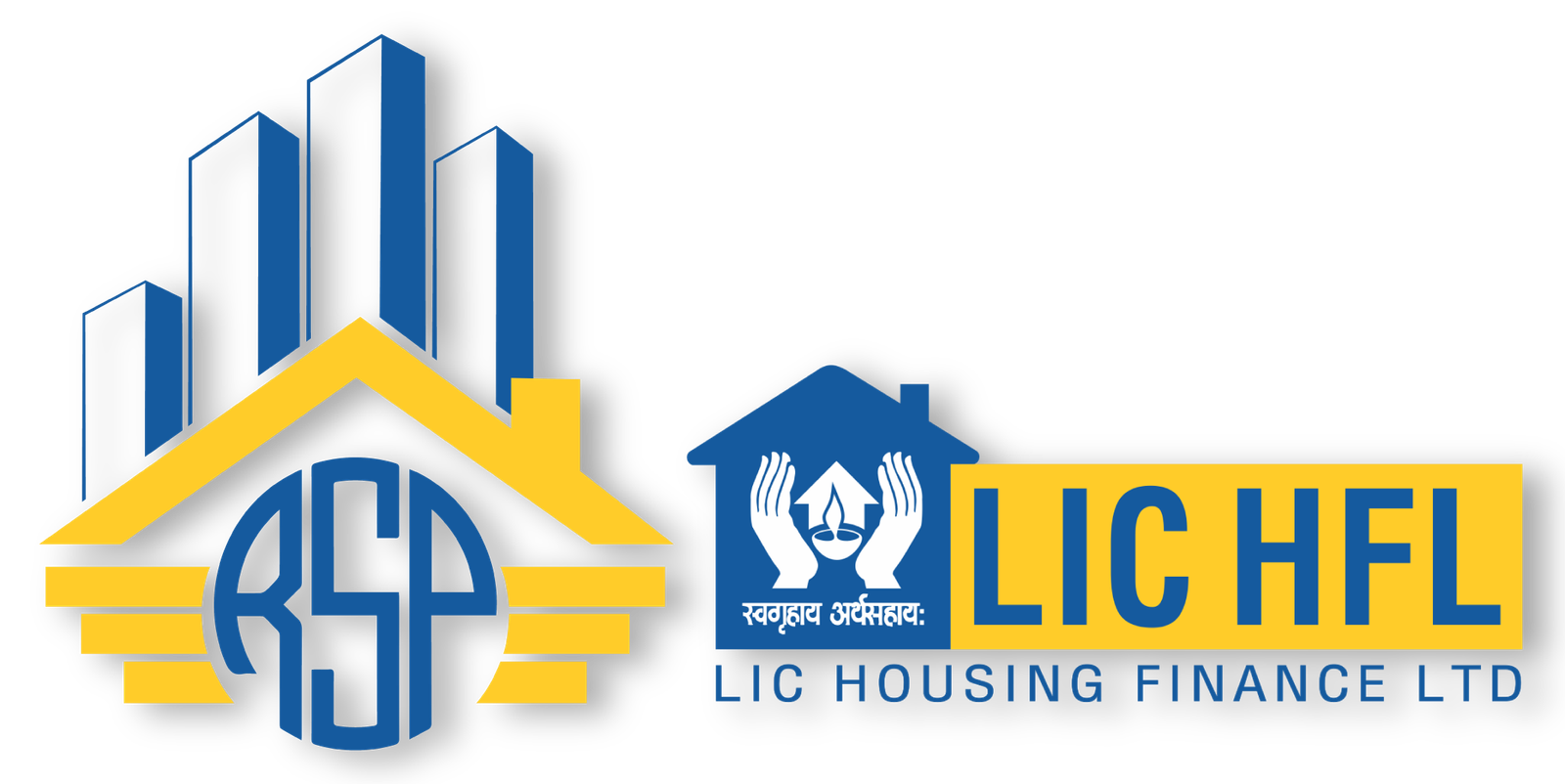To facilitate the processing of your application, we kindly request the submission of the following documents:
- Last 3 years IT Filled Paper: Please provide the last three years’ Income Tax Returns (ITR) duly attested by a Chartered Accountant. These documents should include the Profit & Loss Account, Balance Sheet, Memo of Taxable Income, Tax Paid Challan, UDI Certificate, and TDS details.
- RC Copy / Business Proof / GST Copy: Submit a copy of the Registration Certificate (RC) or any other business proof along with the Goods and Services Tax (GST) registration certificate.
- Last 6 months bank statement (SB & Current Account): Furnish bank statements for the past six months from both your Savings Account and Current Account.
- Latest Photo 3+3 (Applicant and co-applicant): Include recent passport-sized photographs of both the applicant and co-applicant(s), totaling three for each individual.
- Identification Documents: Provide Xerox copies of any of the following identification documents: PAN Card, Aadhar Card, Voter ID, Driving License, or Passport Copy. Ensure these documents serve as proof of your current residence.
- Qualification Certificate Xerox: Submit Xerox copies of your educational qualification certificates.
- Other Loan Statement and Schedule: If applicable, provide statements and schedules of any other existing loans.
Ensuring the timely submission of all required documents will expedite the processing of your home loan application. If you have any queries or require assistance, please do not hesitate to contact our dedicated support team.
Learn More About
Home Loan for Self Employed Person
A home loan for self-employed individuals, often referred to as a “self-employed home loan” or “home loan for business owners,” is similar to a home loan for salaried persons but with some differences to accommodate the unique financial situation of self-employed individuals. Here’s how it typically works:
Documentation: Self-employed individuals usually need to provide additional documentation compared to salaried individuals. This may include income tax returns (ITR) for the past few years, audited financial statements, profit and loss statements, balance sheets, business ownership proof, and other relevant financial documents to demonstrate income stability and repayment capacity.
Income Assessment: Unlike salaried individuals who have a regular paycheck, self-employed individuals may have fluctuating incomes. Lenders typically assess the average income over the past few years to determine loan eligibility and repayment capacity. They may also consider factors such as business stability, industry trends, and future income prospects.
Loan Amount and Eligibility: Similar to salaried individuals, the loan amount and eligibility for self-employed individuals depend on factors like income, credit history, existing debts, and the value of the property. Lenders may offer loans up to a certain percentage of the property’s value, but the assessment process may be more stringent for self-employed applicants.
Interest Rate: Self-employed individuals may have slightly different interest rates compared to salaried individuals, depending on their risk profile and the lender’s policies. Fixed and floating interest rate options are typically available.
Loan Tenure: The repayment tenure for self-employed home loans is usually similar to that of salaried individuals. Borrowers can choose a tenure based on their repayment capacity and financial goals.
Down Payment: Similar to salaried individuals, self-employed individuals are also required to make a down payment, which is a percentage of the property’s value not covered by the loan. The down payment amount may vary but is usually around 10-20% of the property value.
Processing Fees and Charges: Lenders may charge processing fees, administrative fees, and other charges associated with the loan application and processing. These fees may vary depending on the lender and the loan amount.
Self-employed individuals seeking a home loan should ensure they have all the necessary documentation in order and be prepared for a potentially more rigorous assessment process compared to salaried applicants. It’s essential to shop around, compare loan offers from different lenders, and choose the one that best suits your financial needs and requirements.





